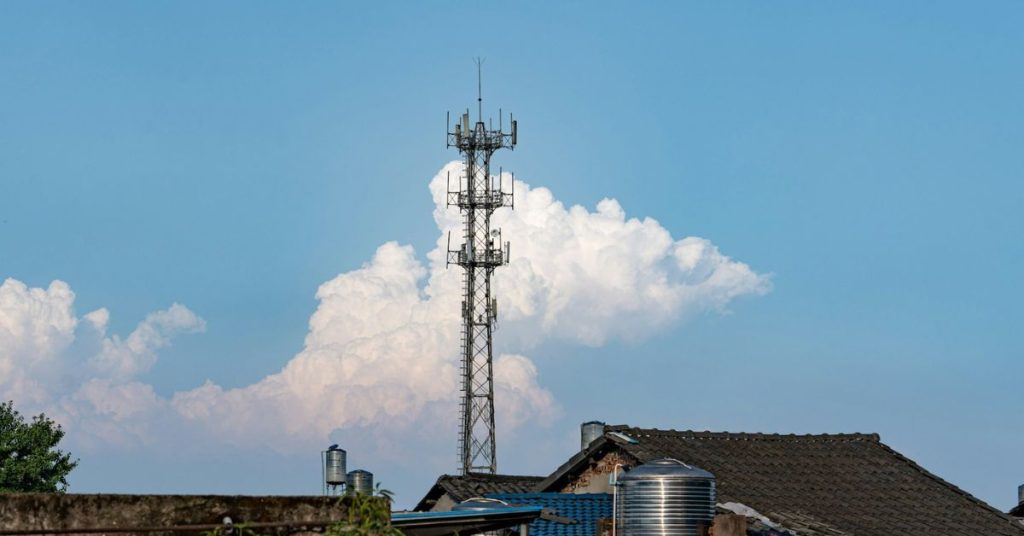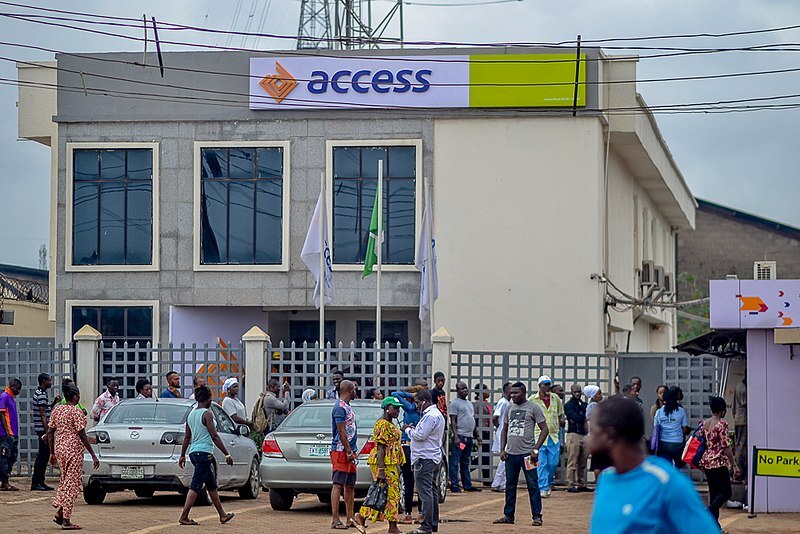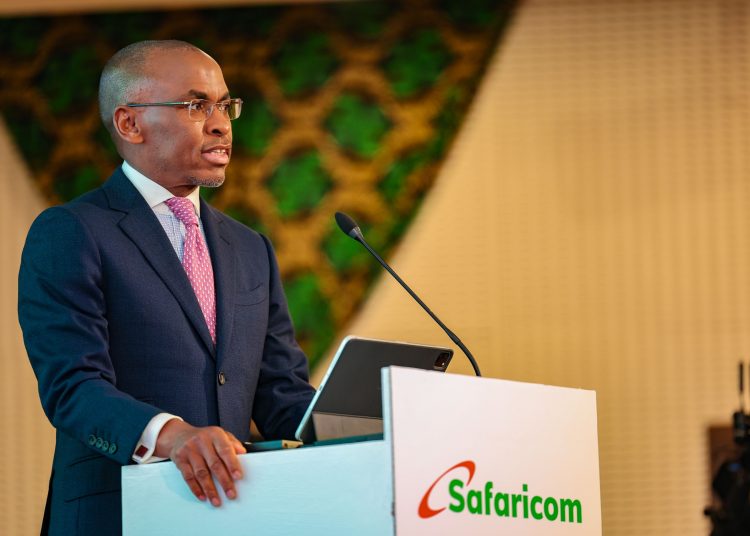Africa is mobile…but the continent is torn between the smartphone army and the dumbphone brigade. Both camps have compelling arguments in their arsenal.
Qualcomm’s Alex Dadson made an interesting presentation at the just concluded edition of Mobile Web West Africa. After showing us a bunch of nifty animated slides that would make Tony Stark proud, he went on to tell us Qualcomm’s vision for Nigeria by 2014.
“By 2014, smartphones will be ubiquitous in Nigeria”, he said.
It’s the kind Afro-techno vision that I desperately want to believe in. However, I got the distinct sense that the rest of the room weren’t convinced. Most people I’ve talked to believe that Africa will be a feature phone continent for more years to come.
Africa is mobile…duh. But the continent is torn between the smartphone army and the dumbphone brigade. Both camps have compelling arguments in their arsenal.
In the feature phone camp, Nic Haralambous thinks that talk of smartphone ubiquity in Africa, in the near term, are hot air. There’s airtime and device costs to worry about. Decent network coverage and electricity are still major concerns. In Africa, phones are never tossed but are passed on, handed down from generation to generation until they are entirely useless, ensuring that feature phones will persist in hands of Africans for a while yet. He makes a persuasive case in his article here.
But his opinion does not go uncontested. The 2012 TechCrunch article by Jon Evans, to which his argument is largely a response to, makes very cogent arguments for how feature phones are not the future.
That article predicts that most Africans will have smartphones in five years. A prediction that is suddenly rendered conservative, in the context of Qualcomm’s earlier stated ambitions. Alex would have us believe that smartphones will flood the Nigerian market in a year, on the back of dirt cheap asian phones like the Tecno N3, P3, and the Glo Genius, powered by Qualcomm snapdragon processors in the QRD (Qualcomm Reference Design) project for emerging markets.
Smartphones are still expensive? Not for long. According to Alex, smartphones and feature phones have reached price parity (my new favourite buzzword), and prices will keep going south, to the point where a smartphones will be within reach of every Nigerian. Tecno’s P3 just hit the shelves, at just under the magic $100 mark. Alex predicts that the same phone will cost no more than $50, come next year.
“You’re gonna get to a point where you walk into a store, and the feature phones and smartphones cost the same. Which one will you pick?”
While he concedes that batteries are indeed an issue, he says that Qualcomm is innovating on power saving and battery charging technologies that will ensure that Qualcomm powered devices are energy efficient.
Listen to my interview of him here.
So which way, Africa? In the long run, will it be feature phones or smartphones that win out?
From giant tech corporations with million dollar budgets, to the single app developer who is counting on 99 cent downloads to make cake, players in Africa’s mobile ecosystem are staking anything from months to years of future strategy on this question. Between frothy arguments and a fundamental lack of data beyond the anecdotal, what would ordinarily be an informed decision is now made a potentially risky bet.
Feature phone or smartphone continent regardless, some argue that one must prepare for both outcomes. While services like WhatsApp have been innovating down into the massive dumbphone market, feature phone first services in Africa are beginning to innovate up in anticipation of the smartphone revolution. 2Go just revealed their Android play, and others like Eskimi, BiNu and Saya have no intention of being left behind. A hybrid strategy will not be convenient for most. But what has to be done, has to be done.














